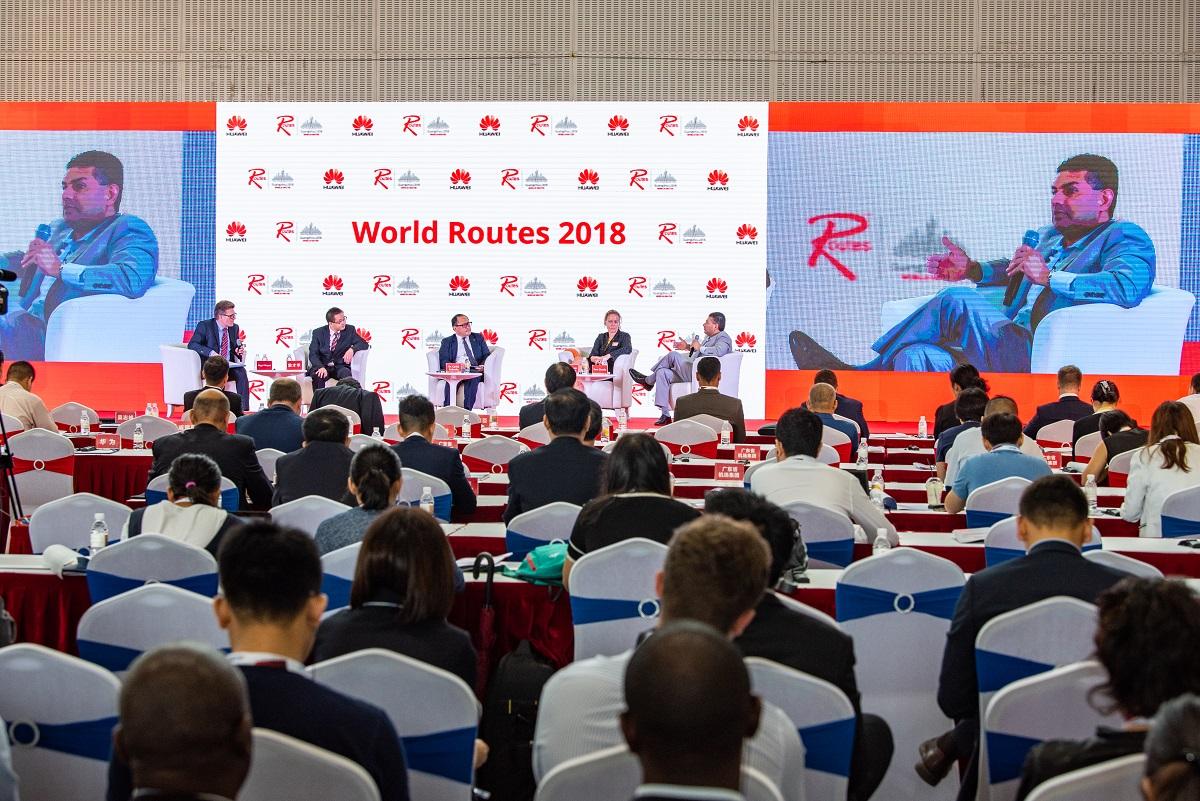'Standing still is actually moving backwards," aviation industry warned

Companies that refuse to keep up with technological innovation will quickly find themselves left behind their rivals.
Speaking at World Routes 2018 in Guangzhou, China, in a series of presentations on smart cities and airport integration, SITA consulting director Carlos Kaduoka said the rate of change is accelerating to such an extent that companies must make an effort to keep up.
He added: "Standing still is actually moving backwards. With everything happening today you cannot not follow what is happening."
Kaduoka added there are a number of factors airports need to consider in the race to keep up with the latest technology.
He said technology must be personalised to appeal to the consumer and this is particularly important when it comes disruption as it allows the airport to ensure it is giving the relevant messages to each customer.
"It is not about technology," he added. "It is about processes, it is about strategy and it is about the people as well."
Kaduoka added that an increase in data collection will also require greater security while proper standardisation ensures data is properly used.
He also urged companies to use social media as a way both to listen to customers, as well as talk back to them to ensure they are fully proactive.
Huawei Technologies Company general manager of Gangdong enterprise business department Chen Bin said despite the improvement of technology, baggage will remain an issue in the industry as people continually try to track it.
However, he added facial recognition technology can help assist the process with it easier for airports to link customers with their bags.
Meanwhile, Guangzhou Baiyun International Airport Company chairman Qiu Jiachen listed a number of examples where they have used technology to improve the airport's performance as it seeks to handle 70 million passengers this year.
He said 224 self service check in machines have been installed which has led to more than 60 percent of passengers using them.
A total of 53 self-service bag drop machines are also proving popular he added, as well as 39 eboarding channels.
Qiu added security has also been improved and the airport is further focused on making it smart, alongside business, services and operations.
He said: "Information technology will bring lots of advantages in the future."
Wu Zhifeng, a professor at Guanzhou University, added: "In the future I believe airports will become even more time efficient, customer effective and green."
He said this would be achieved by everything from artificial intelligence to the effective use of big data as processing information becomes as important as collecting it.





